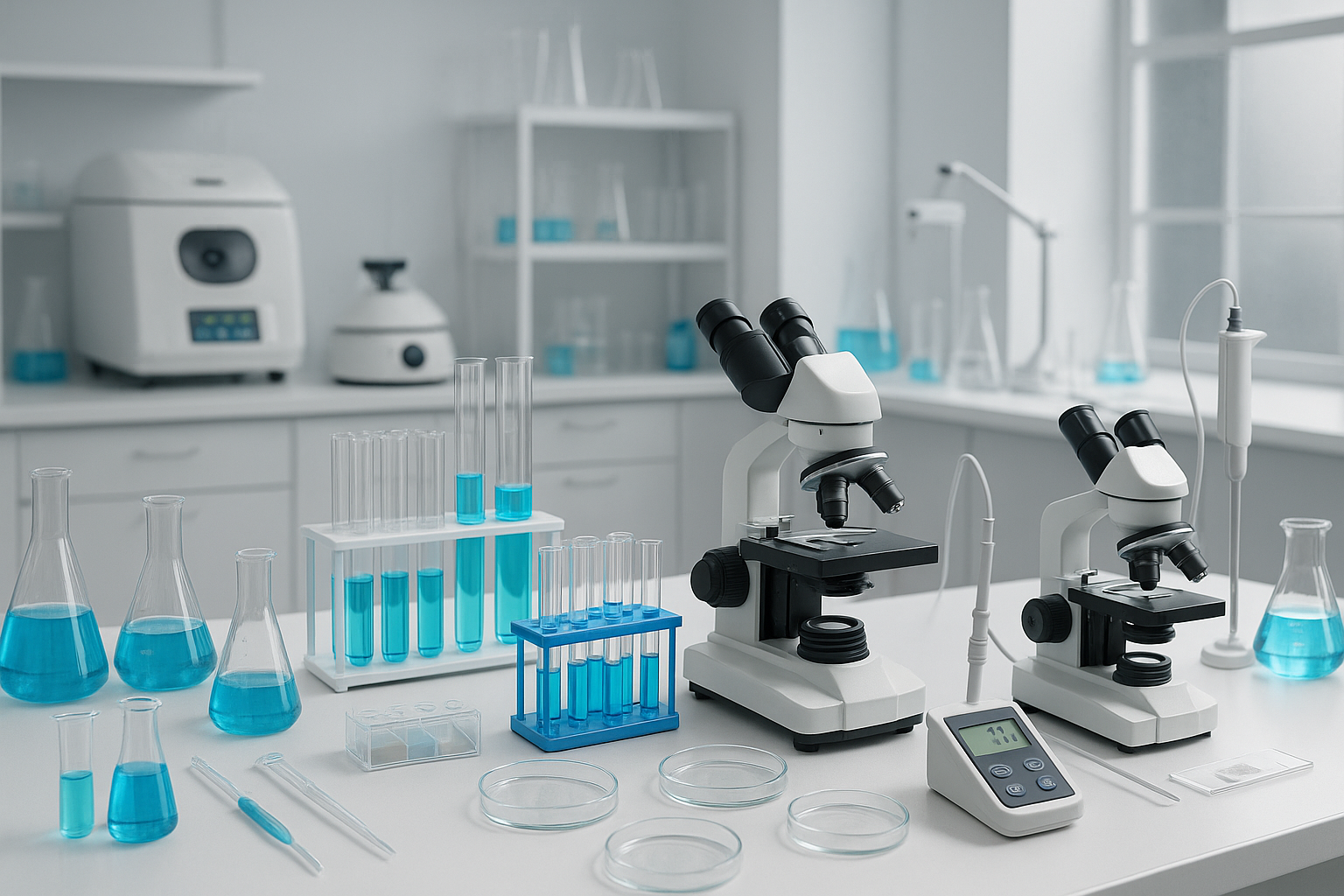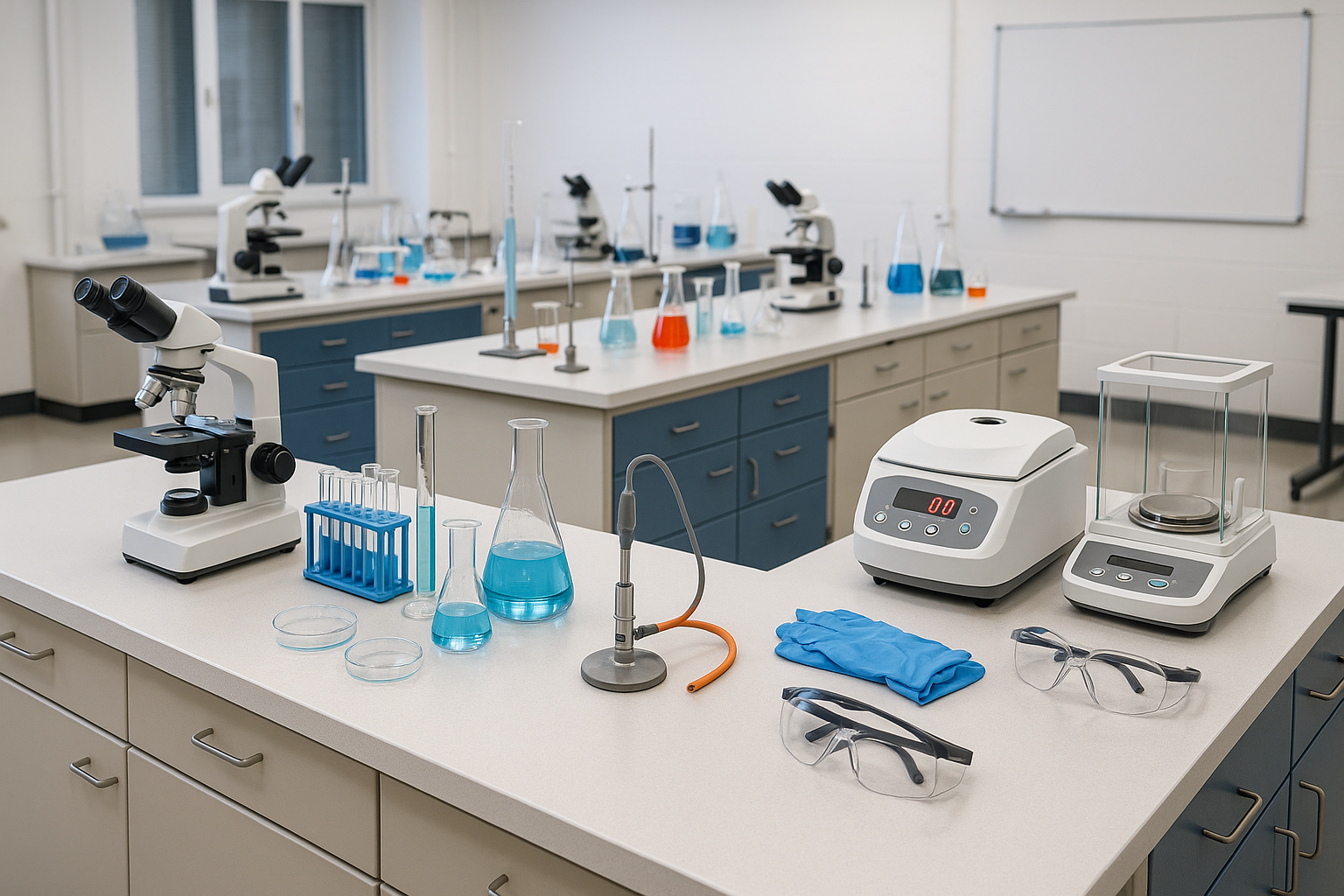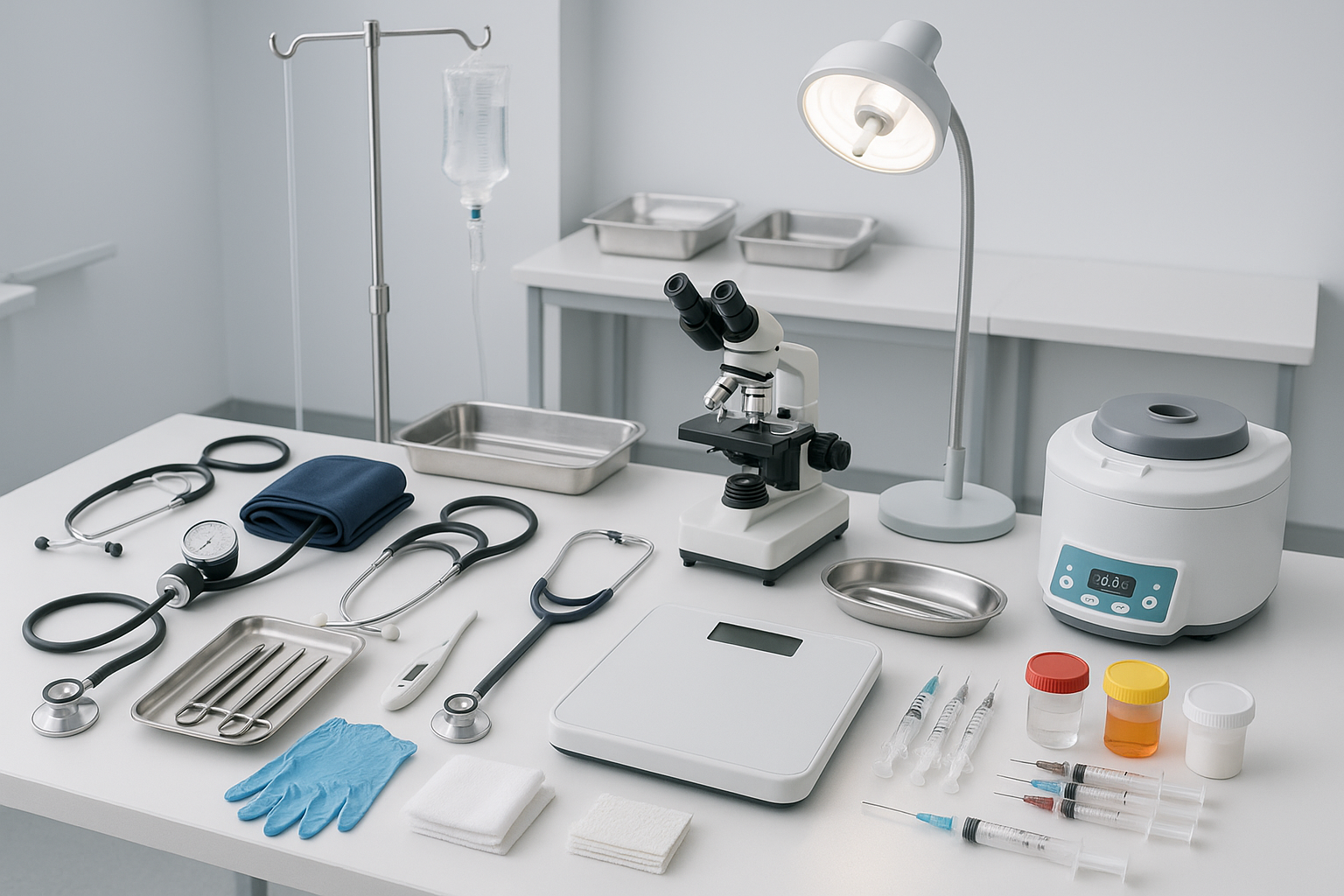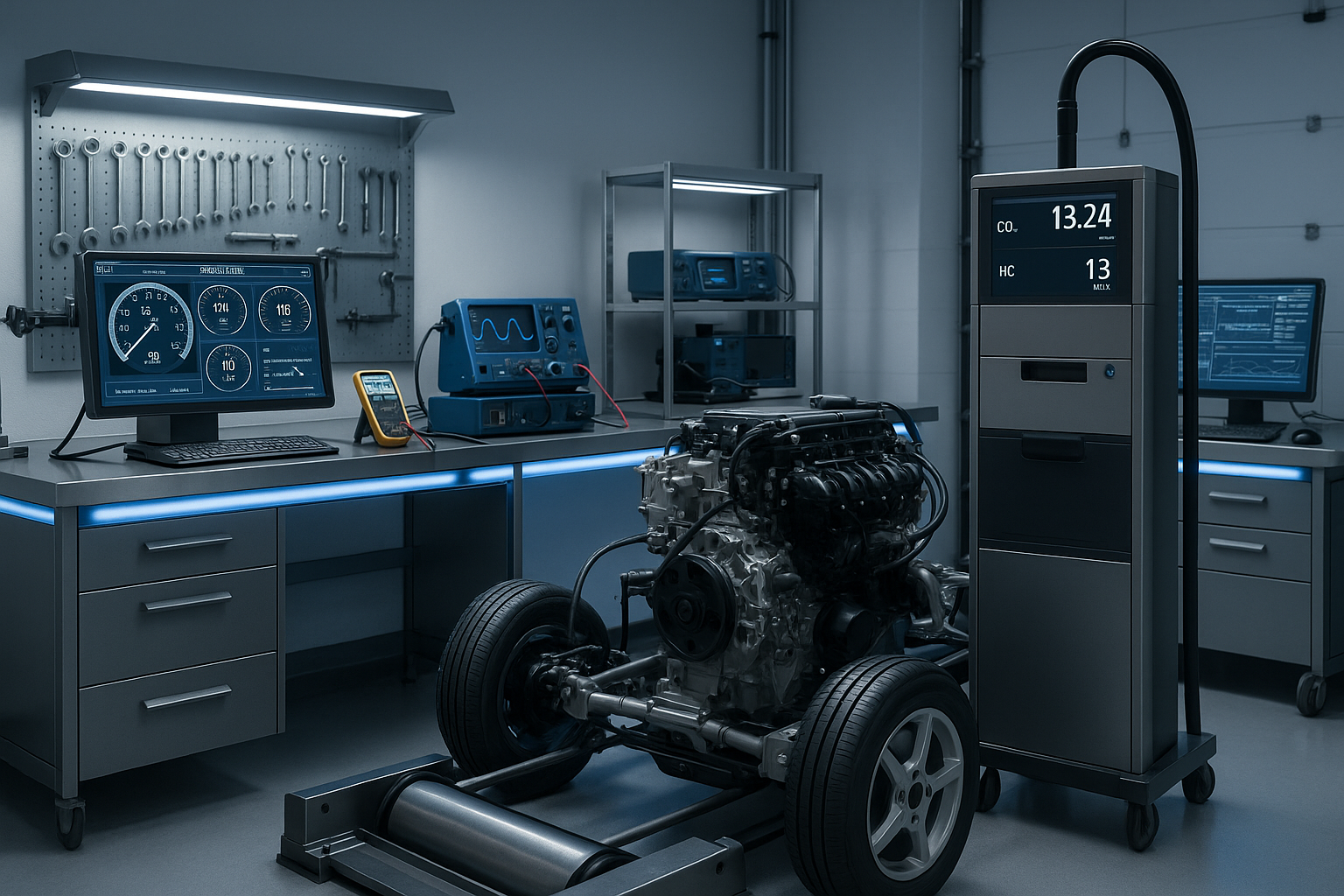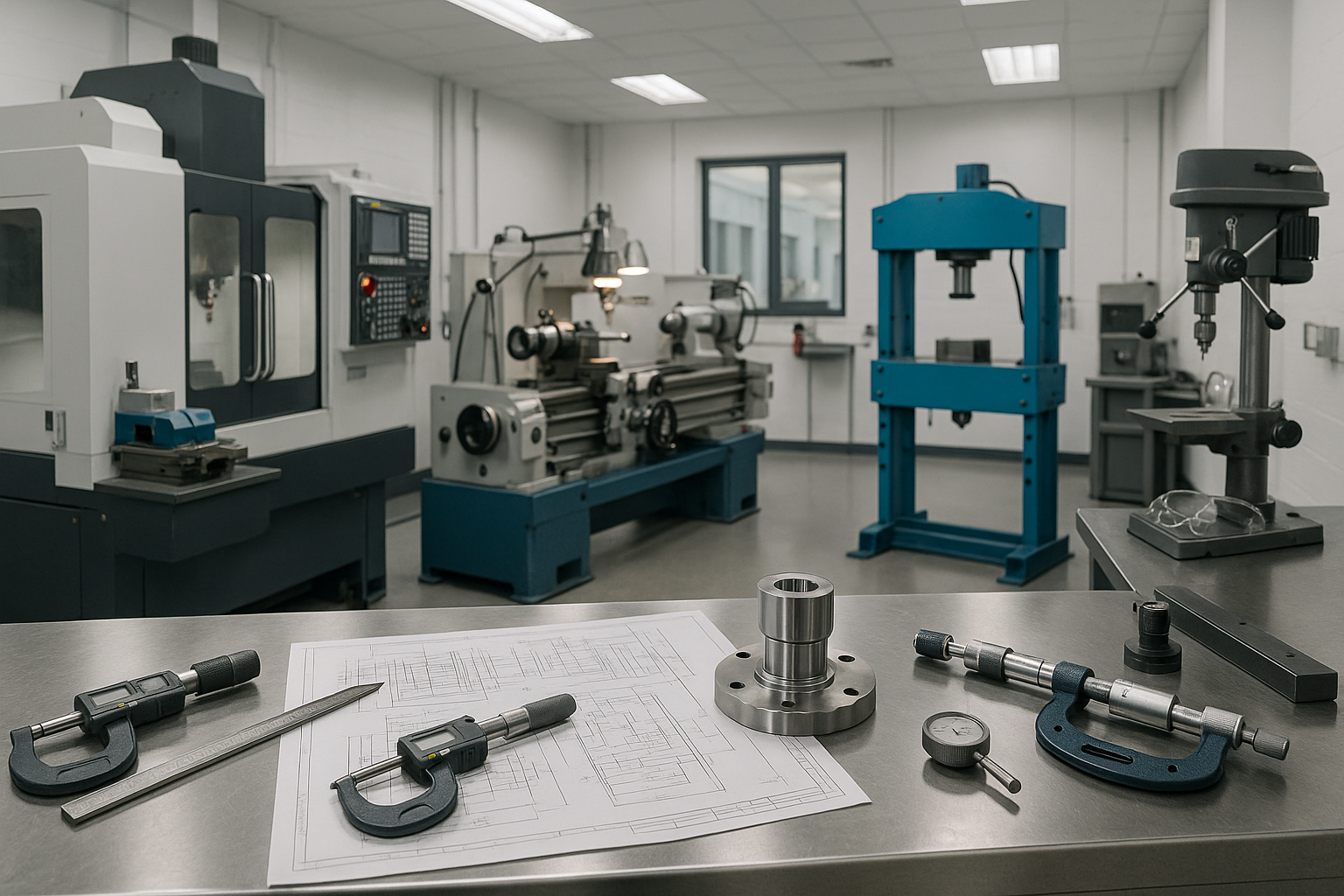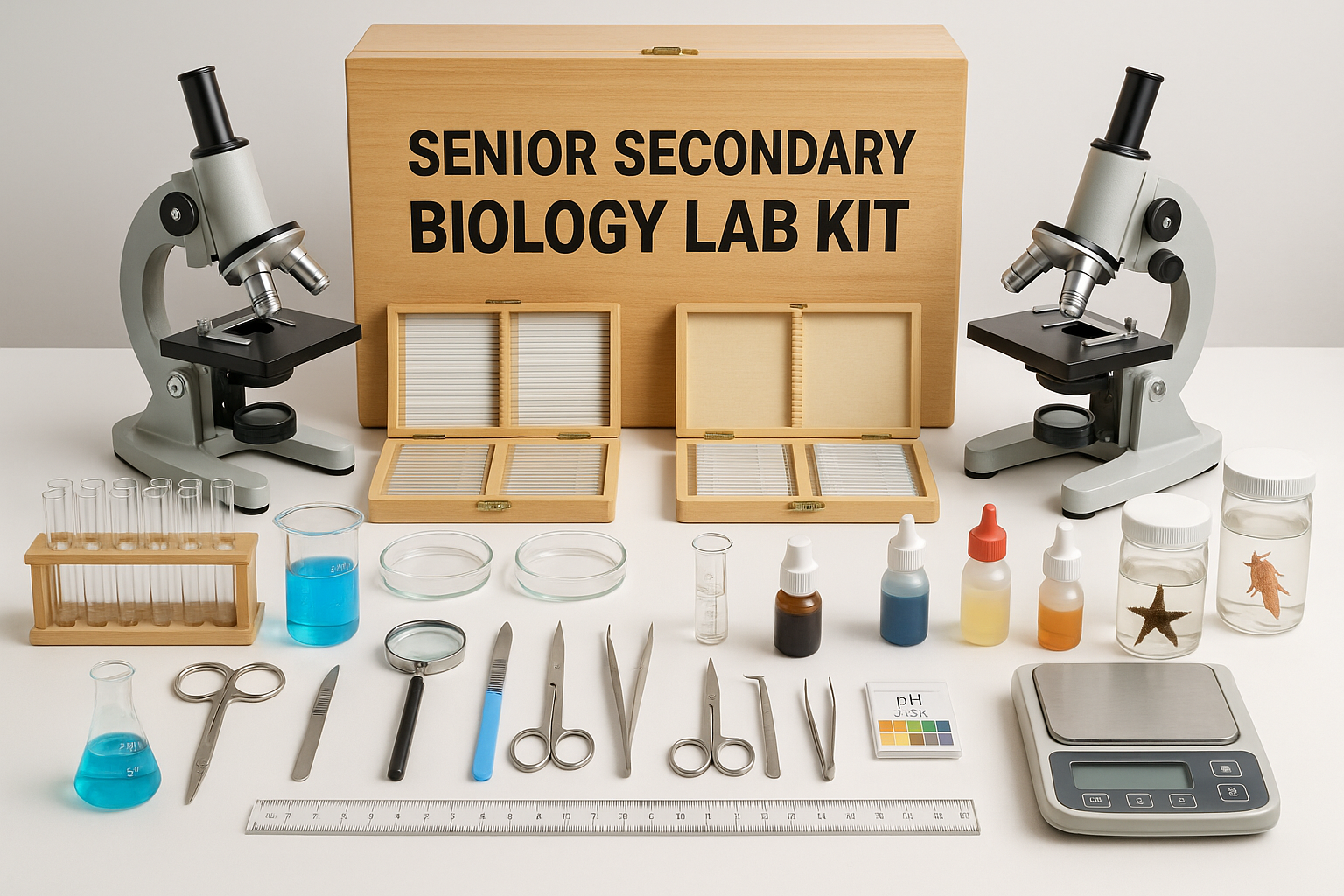Electricity Laboratory Instruments: Key Components for Effective Experimentation
Electricity Laboratory Instruments play a crucial role in the field of electrical experimentation and research. These instruments are designed to measure, analyze, and manipulate electrical parameters, providing accurate and reliable data essential for scientific exploration. In any laboratory setting focused on electricity, it's vital to have the right instruments at hand, as they can significantly enhance the quality of experiments and the understanding of electrical phenomena.
Understanding the basic Electricity Laboratory Instruments is fundamental for anyone working in this area, whether you are a student learning the principles of electricity, a researcher implementing advanced experiments, or a technician ensuring the accuracy of electrical systems. Let's explore some of the essential tools used in electricity laboratories, their functions, and their importance in conducting various experiments.
One of the most commonly used Electricity Laboratory Instruments is the multimeter. This versatile tool is capable of measuring voltage, current, and resistance. It allows scientists and technicians to troubleshoot electrical circuits effectively and measure parameters with precision. Modern multimeters may also include features for testing diodes and continuity, making them invaluable in both educational and professional settings.
Another critical instrument is the oscilloscope. This device allows users to visualize electrical signals, offering insights into waveforms and signal characteristics. By analyzing these waveforms, one can deduce information about voltage levels, frequencies, and the integrity of electronic signals. Oscilloscopes are particularly important when dealing with complex signals in modern circuitry and communications.
Power supplies are also essential Electricity Laboratory Instruments used to provide the necessary voltage and current for experiments. They can come in a variety of forms, including programmable power supplies that allow researchers to set specific voltage and current levels. This precision is crucial when conducting experiments that require consistency and control over input conditions.
Additionally, function generators are used to create various electrical waveforms, such as sine, square, triangle, and sawtooth waves. These instruments enable researchers to simulate different electrical conditions and analyze the response of circuits and components under varying frequencies. Function generators are indispensable for studying theoretical concepts and practical applications in circuit design.
Insulation testers, also known as megohmmeters, are vital for ensuring the safety of electrical installations. These instruments measure the resistance of insulation materials, helping to detect potential faults that could lead to failures or hazards. Regular testing with insulation testers is necessary for maintaining the integrity of electrical systems and ensuring compliance with safety standards.
In addition to these primary instruments, electricity laboratories often utilize data loggers to record and analyze electrical parameters over time. These devices can track changes in voltage, current, and temperature, providing valuable data for long-term studies or monitoring equipment performance. The data recorded can be instrumental in research and development efforts and for troubleshooting purposes.
Another noteworthy tool is the frequency counter, which measures the frequency of electrical signals accurately. Frequency counters can be crucial for testing and analyzing radio frequency (RF) circuits, allowing engineers to fine-tune transmissions and receptions in various devices.
Furthermore, electrical test equipment such as circuit analyzers assist in diagnosing issues within electrical systems. These tools can measure various parameters, including impedance and phase, aiding in the optimal design and operation of electrical networks.
Safety equipment, including personal protective equipment (PPE) and circuit protection devices, is paramount in any electricity laboratory. Instruments like RCDs (residual current devices) provide an essential layer of safety by detecting fault currents and disconnecting supply to prevent electrical shock or fire hazards.
The proper use of these Electricity Laboratory Instruments underpins the effectiveness of experiments. It’s essential to have a solid understanding of how each instrument works, and when and why to use them. Training and practice help users become proficient, thereby increasing the reliability of their results.
In conclusion, Electricity Laboratory Instruments are indispensable tools that facilitate the exploration and understanding of electrical principles and technologies. From measuring and testing to monitoring and analyzing, these instruments are the backbone of experimental labs dedicated to electricity. With the right instruments and knowledge, researchers can delve deeper into the world of electricity, comprehending its intricacies and applying their findings to advance technology and innovation.


